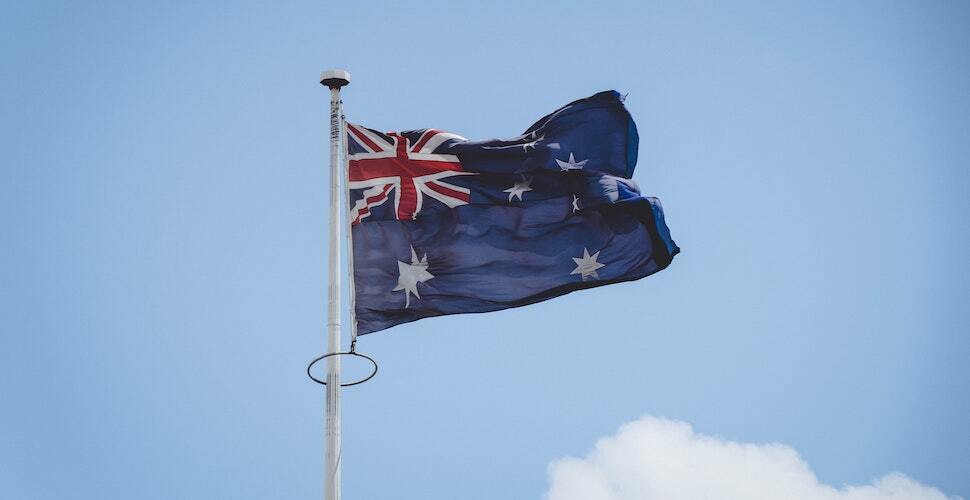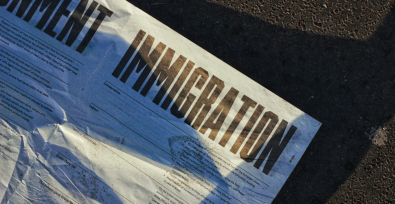The Australian Council of Trade Unions (ACTU) has added its voice to a growing call in Australia for the government to take a strong stance against forced labor, particularly related to the Uyghur Region of China, with strict import bans.
Independent parliamentarian, Rex Patrick, recently introduced a bill to the Senate for consideration that would ban imports produced with forced labor.
Many, including Human Rights Watch researcher Sophie McNeill, believe that Australia is falling behind its fellow like-minded countries when it comes to Uyghur forced labor.
Australia’s three-year-old Modern Slavery Act only requires companies that make over $100 million in revenue to submit statements on their supply chain due diligence. Even this small group that meets the criteria would not face financial penalties for failure to publish statements.
The Australian government is weighing up a bipartisan blueprint for reforms, including amending the Customs Act to prohibit the import of any goods made wholly or in part with forced labour, regardless of geographic origin.
The Coalition-chaired foreign affairs, defence and trade legislation committee has also proposed that the [Australian Border Force] be given new tools to target specific goods, companies or regions that have a particularly high risk of being associated with forced labour.
Advocates say this idea – similar to a measure that has operated in the US for years – would designate targeted goods as having been made with forced labour unless companies can prove otherwise.
The committee recommended that “once the issuance of such orders is possible, the Australian Border Force should immediately consider issuing an order, at a minimum, for cotton sourced from Xinjiang”.
Lawmakers across political parties are urging the government to enforce stricter measures against forced labor products.
Foreign affairs representative for the Labor Party, Penny Wong, told the Guardian, “[We] would go further. We would deploy Austrac, the authority responsible for policing financial crimes, and we would make combatting modern slavery a diplomatic priority.”
ACTU President, Michele O’Neil, is concerned that Australian businesses may be profiting from goods made by slavery. She has good reason to be. There are so many industries implicated in the Uyghur forced labor system that it would be impossible to ensure that goods produced in China are made free from modern slavery.
That’s why Freedom United, along with over 75,000 supporters, are calling on the Chinese state to put an end to this unjust system.
Join us and add your name today to the petition.






Freedom United is interested in hearing from our community and welcomes relevant, informed comments, advice, and insights that advance the conversation around our campaigns and advocacy. We value inclusivity and respect within our community. To be approved, your comments should be civil.